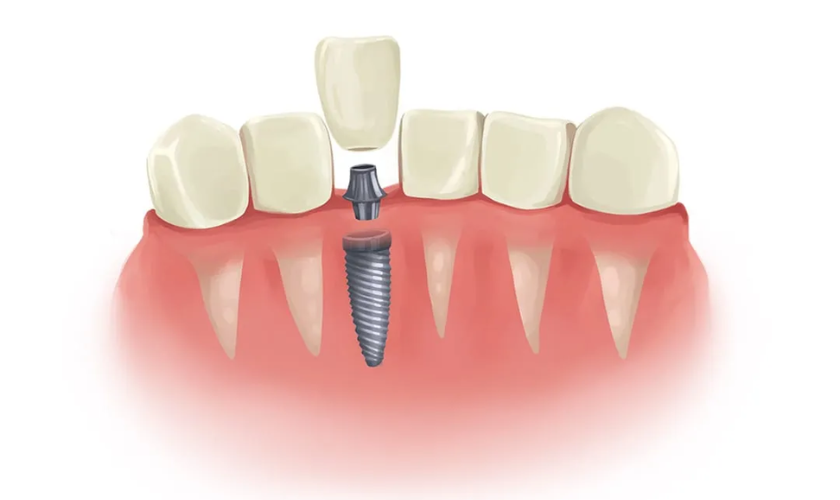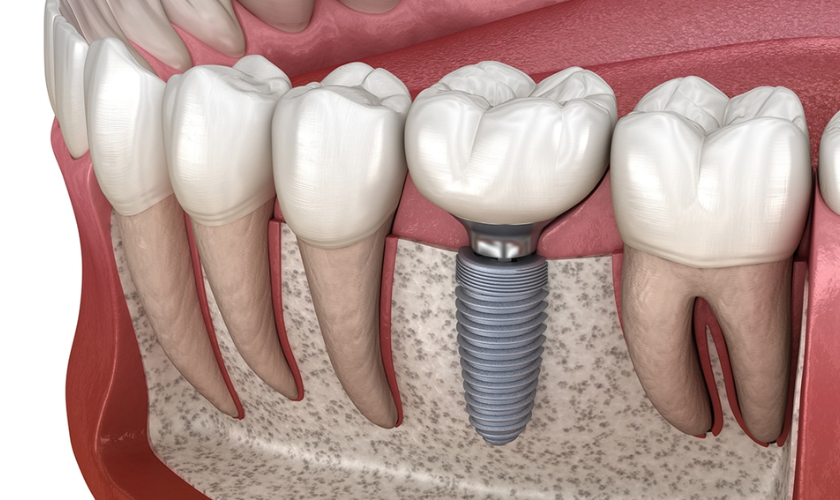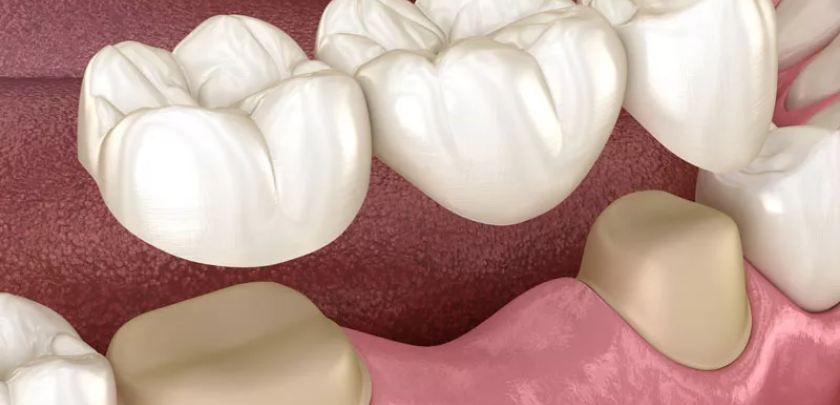
Dental implants have revolutionized restorative dentistry by providing a durable, reliable solution for replacing missing teeth. They offer a semblance of the natural functionality and appearance of real teeth, a feature that other dental prosthetics struggle to match. However, like any medical procedure, dental implants come with their own set of advantages and challenges. This comprehensive blog will explore whether getting a dental implant is a good or bad idea, helping you make an informed decision.
What is a Dental Implant?
A dental implant is a small, screw-like post, typically made from titanium, which serves as a substitute for the root portion of a missing natural tooth. This implant is placed in the jawbone and allowed to fuse with the bone over a few months – a process known as osseointegration. Once the implant has integrated with the bone, it provides a sturdy foundation for attaching a dental crown, bridge, or denture.
The Advantages of Dental Implants
1. Natural Look and Feel:
One of the most significant benefits of dental implants is their natural appearance and functionality. Implants are designed to look, feel, and function like your natural teeth. They restore full chewing power, allowing you to eat your favorite foods without hesitation.
2. Durability and Reliability:
With proper care, dental implants can last a lifetime. Unlike dentures or bridges, which may need to be replaced every 5-10 years, implants are a more permanent solution. They are also stable and strong, eliminating the need for replacements as often.
3. Bone Preservation:
When you lose a tooth, the jawbone in the vacant space deteriorates over time due to lack of stimulation. Implants stimulate the bone, preventing bone loss and maintaining the jawbone’s strength and shape.
4. Improved Oral Health:
Unlike traditional bridges, dental implants do not require reducing other teeth. This means more of your natural teeth are left intact, improving long-term oral health. Individual implants also allow easier access between teeth, improving oral hygiene.
5. Predictability:
Dental implant surgery has a high success rate compared to other tooth replacement methods. Due to their reliability, they are often considered the best treatment option for tooth replacement.
The Disadvantages of Dental Implants
1. Cost:
The initial cost of dental implants can be higher than other tooth replacement methods such as dentures or bridges. However, the durability of implants often makes them a more cost-effective solution in the long term.
2. Surgical Risks:
As with any surgery, dental implant placement carries some health risks. These risks include infection, damage to other teeth, delayed bone healing, nerve damage, and sinus problems when implants placed in the upper jaw protrude into sinus cavities. However, such complications are rare and can usually be managed with proper care.
3. Time:
The process of getting implants can be lengthy. Osseointegration, where the implant integrates with the jawbone, can take several months. The entire process from start to finish can span several months to over a year, depending on individual cases.
4. Need for Good Oral Health:
For an implant to be successful, the patient needs to have good overall oral health and adequate bone structure to support the implant. Patients who suffer from chronic diseases like diabetes or who smoke may experience slower healing and a higher risk of complications.
Who Should Consider Dental Implants?
Dental implants are an excellent option for individuals who have lost a tooth or teeth due to injury, disease, or decay and are looking for a long-term solution. They are particularly useful for patients who find removable dentures uncomfortable or inconvenient.
Making the Decision
Ultimately, whether a dental implant is good or bad for you depends on your specific situation. If you are looking for a durable, long-lasting solution to tooth loss, and are in good general and oral health, then dental implants could be an excellent choice. However, it’s crucial to have a thorough discussion with your dental professional to understand the risks, benefits, and care requirements associated with dental implants.



